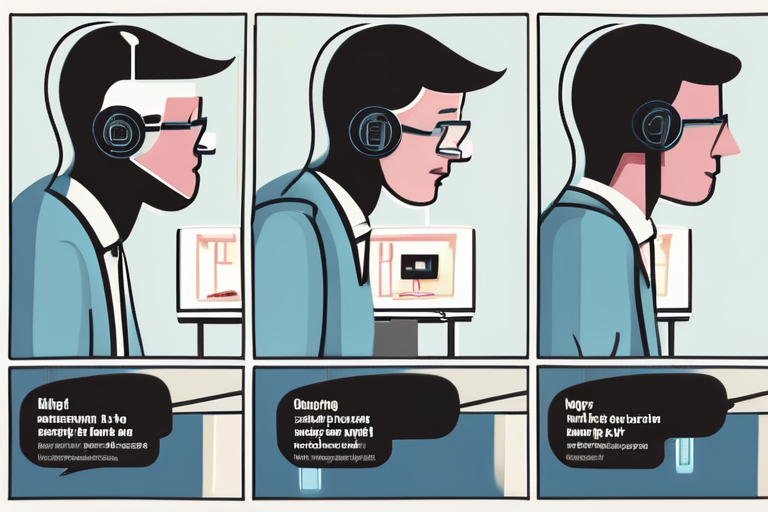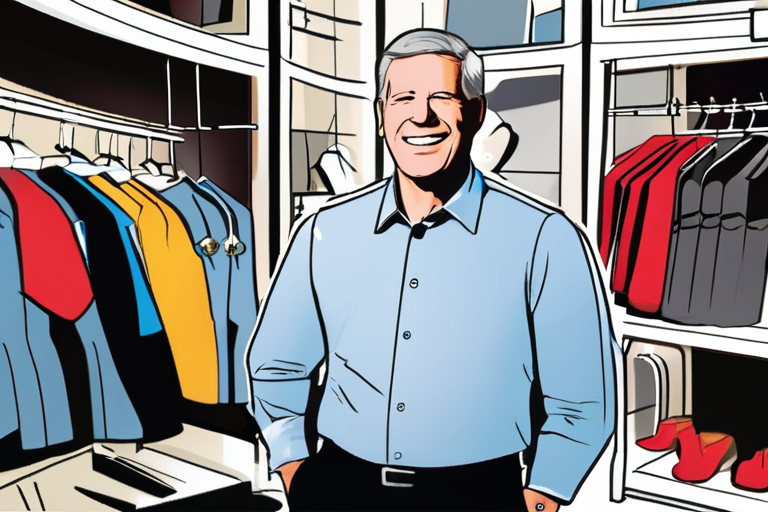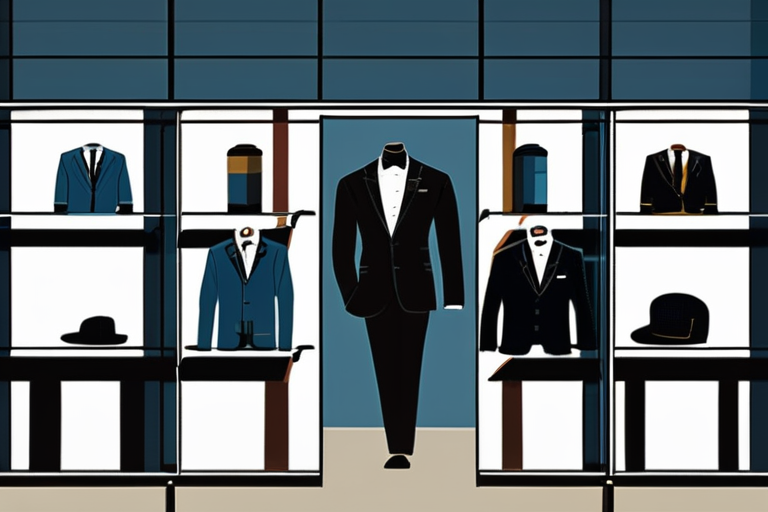J.Crew CEO Leverages Nostalgia to Reconnect with Customers through Emotional Branding


Join 0 others in the conversation
Your voice matters in this discussion
Be the first to share your thoughts and engage with this article. Your perspective matters!
Discover articles from our community

 Hoppi
Hoppi

 Hoppi
Hoppi

 Hoppi
Hoppi
 Hoppi
Hoppi

 Hoppi
Hoppi

 Hoppi
Hoppi

Fashion Industry's Decarbonization Efforts Lag Behind Climate Goals The fashion industry's pursuit of sustainability is at odds with its current …

Hoppi

Zurich Study Reveals Empathy's Surprising Impact on Business A groundbreaking study by Zurich has found that three out of four …

Hoppi

Can Macy's Win Back America? How CEO Tony Spring is Moving Past Denial and Embracing Change Macy's, Inc., one of …

Hoppi
American Eagle: When Value Goes Viral In a remarkable turn of events, American Eagle (AEO) has become the unlikely darling …

Hoppi

Office Attire Evolves: Men's Wearhouse Adapts to Modern Workwear Demands In a shift away from traditional three-piece suits, the entertainment …

Hoppi

Tapestry Doubles Down on Gen Z and Growth with New Strategy New York City-based Tapestry, Inc., parent of luxury brands …

Hoppi